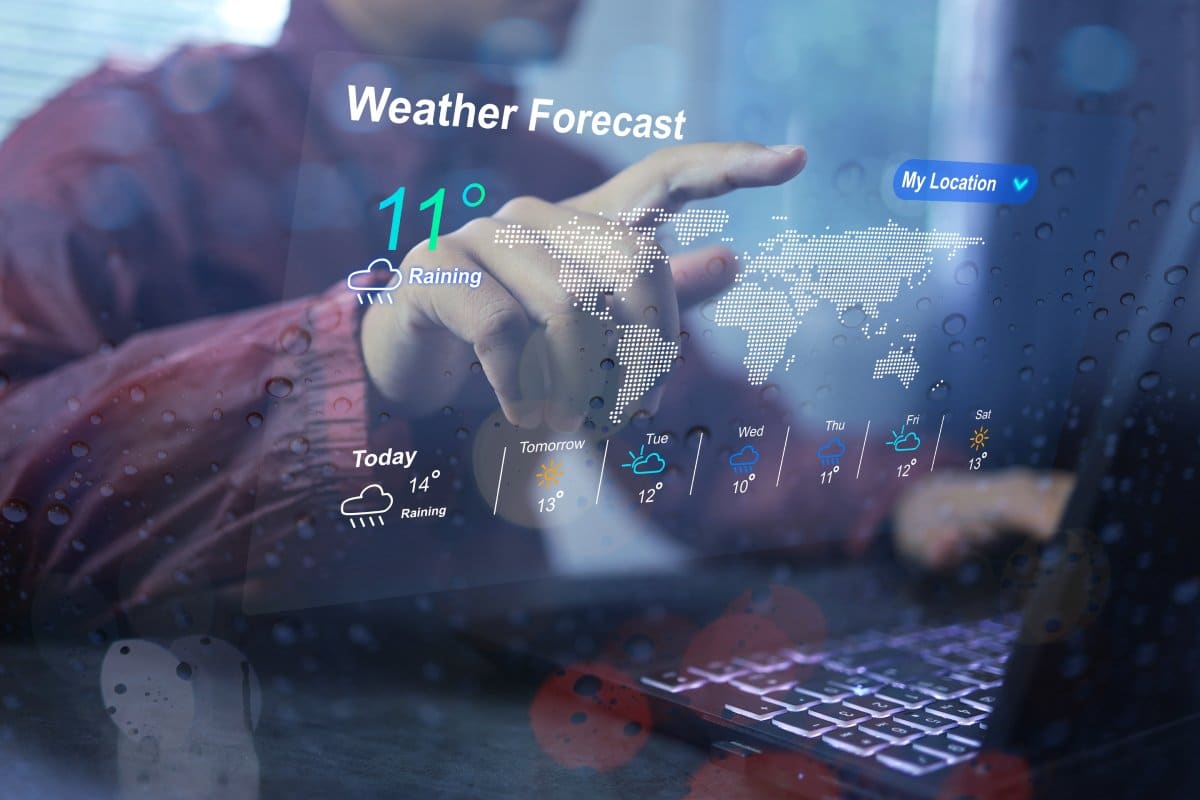Unusual weather in the UK has sparked wild conspiracy theories about government manipulation, but experts are setting the record straight. Here’s the full story.
British Weather
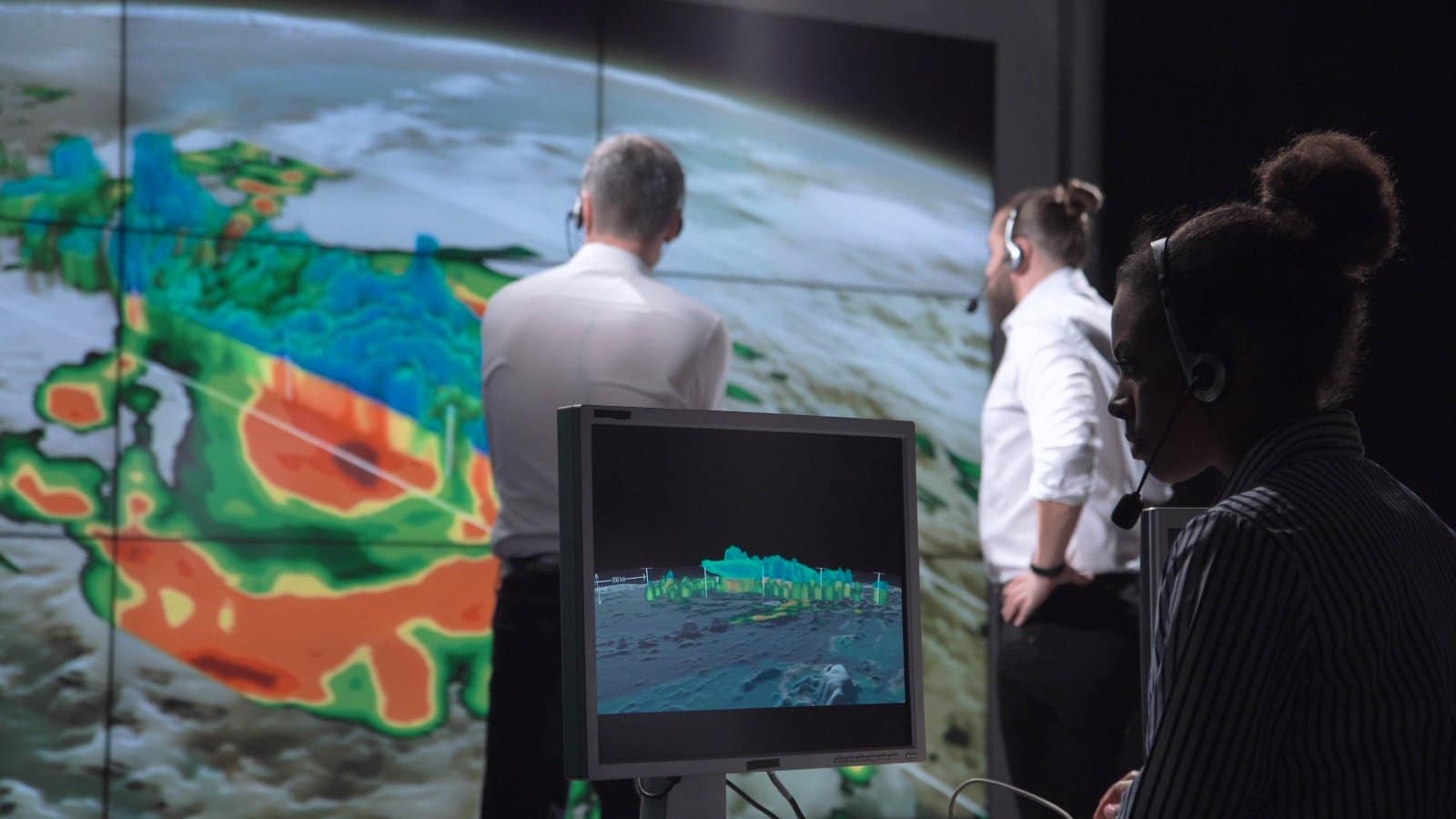
It is an age-old stereotype that British people love to talk and, more likely, complain about the weather. However, recent unusual weather patterns in the UK have reignited conspiracy theories online, with social media users posting crazy claims about how the government is manipulating the weather.
Cold June Weather
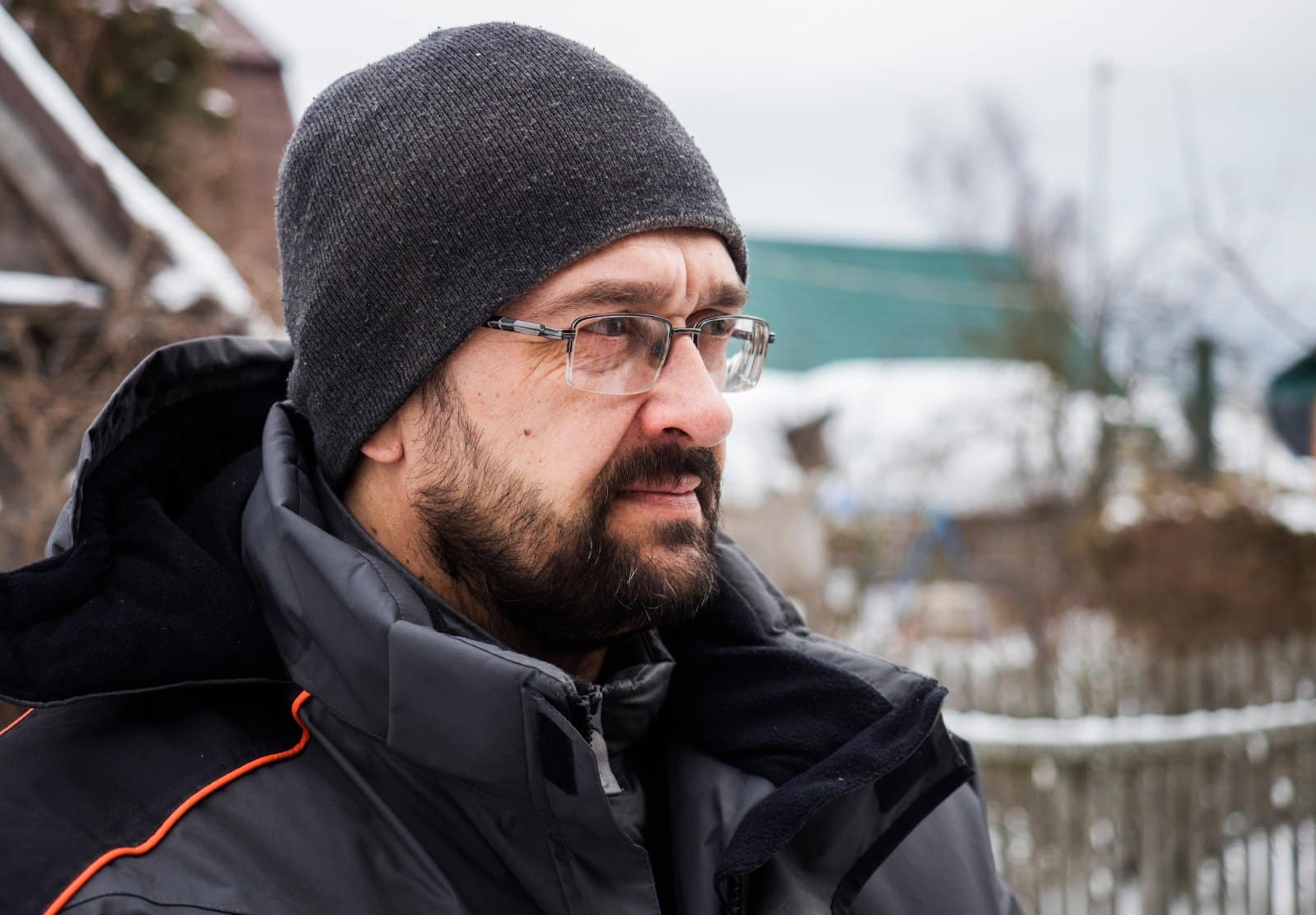
Throughout June, the UK experienced colder-than-average temperatures, attributed to cold air masses from the Arctic. This climatic anomaly has led some British social media users, rather than complaining about it to their friends or watching jealously as Eastern and Southern Europe experiences a heat wave, to allege instead that weather manipulation or geoengineering is behind these unusual weather patterns.
Authorities Debunk Claims

The furore reached such a level that the Met Office and other scientific authorities were forced to address and thoroughly debunk these claims.
Conspiracy Theories Explained

The central theories of the online conspiracy revolve around concepts like weather modification and geoengineering. Cloud seeding, a technique developed in the 1950s, involves releasing tiny particles into clouds to induce rain or snow.
Cloud Seeding Misconceptions

Though historically used in several countries to alleviate water shortages, particularly during periods of intense drought, there is no evidence to suggest its widespread or current use in the UK. Despite this, hashtags like #GeoEngineering have surged on social media, with many users mistakenly linking cloud seeding to the UK’s recent weather patterns.
Natural Climate Variations
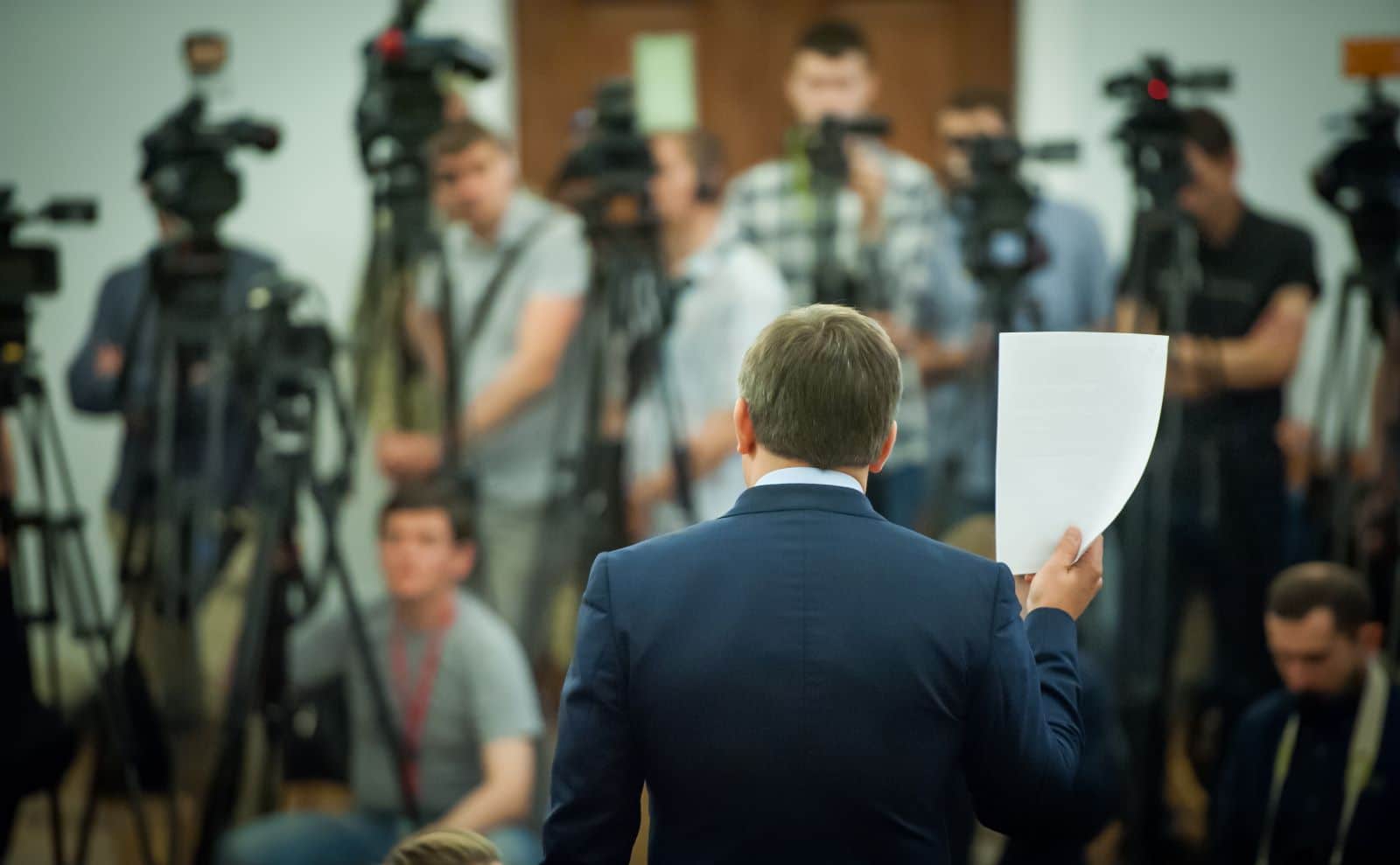
Meteorologists have attributed the UK’s June weather to natural climatic variations rather than human intervention. According to the Met Office, colder air from the Arctic led to temperatures 2°C below the average for June.
Short-Term Weather Variations
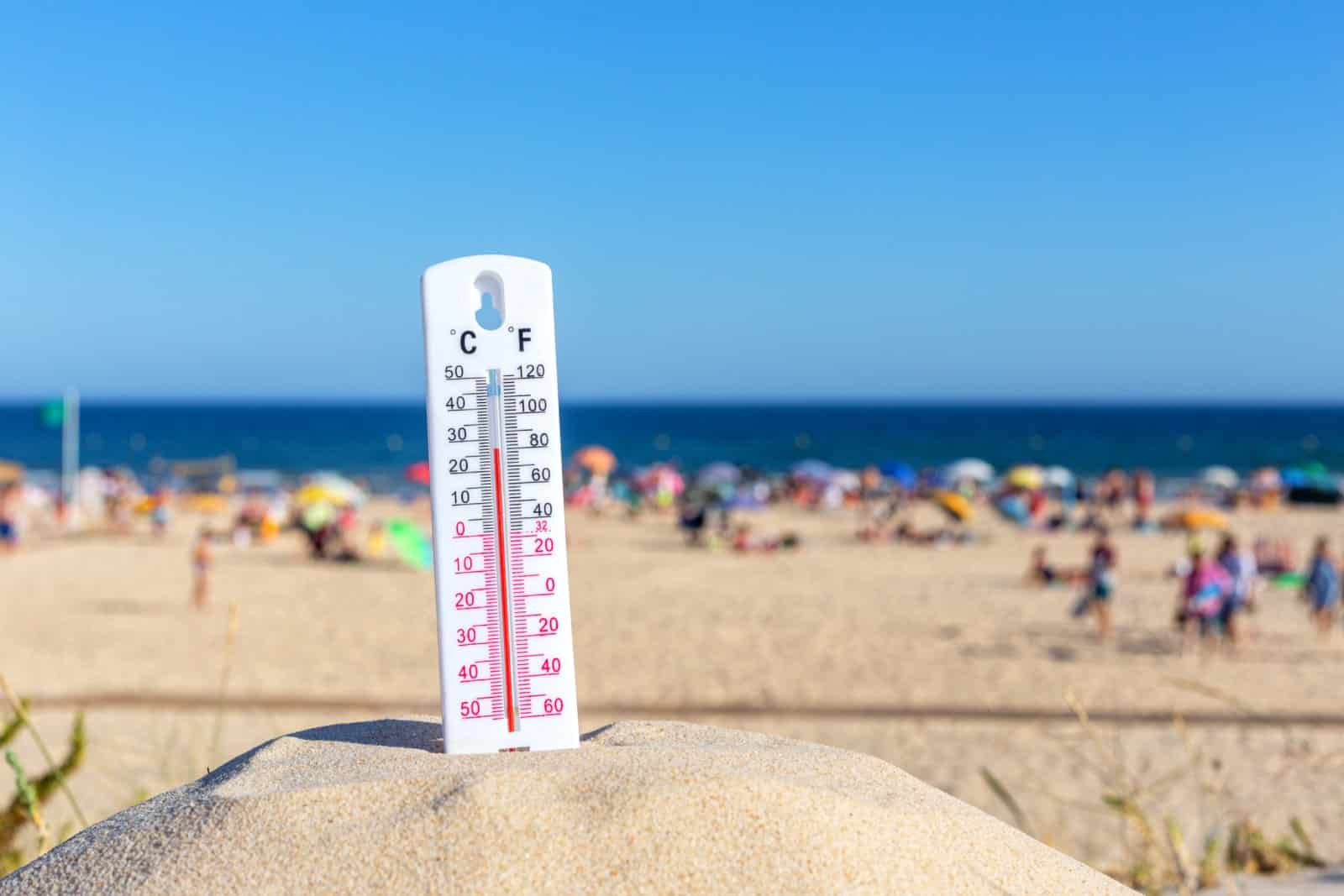
This was followed by a slight warming at the end of the month, but temperatures remained below average overall. These short-term weather variations are not indicative of long-term climate trends, which continue to show that the planet is getting hotter and hotter faster.
Geoengineering Blame
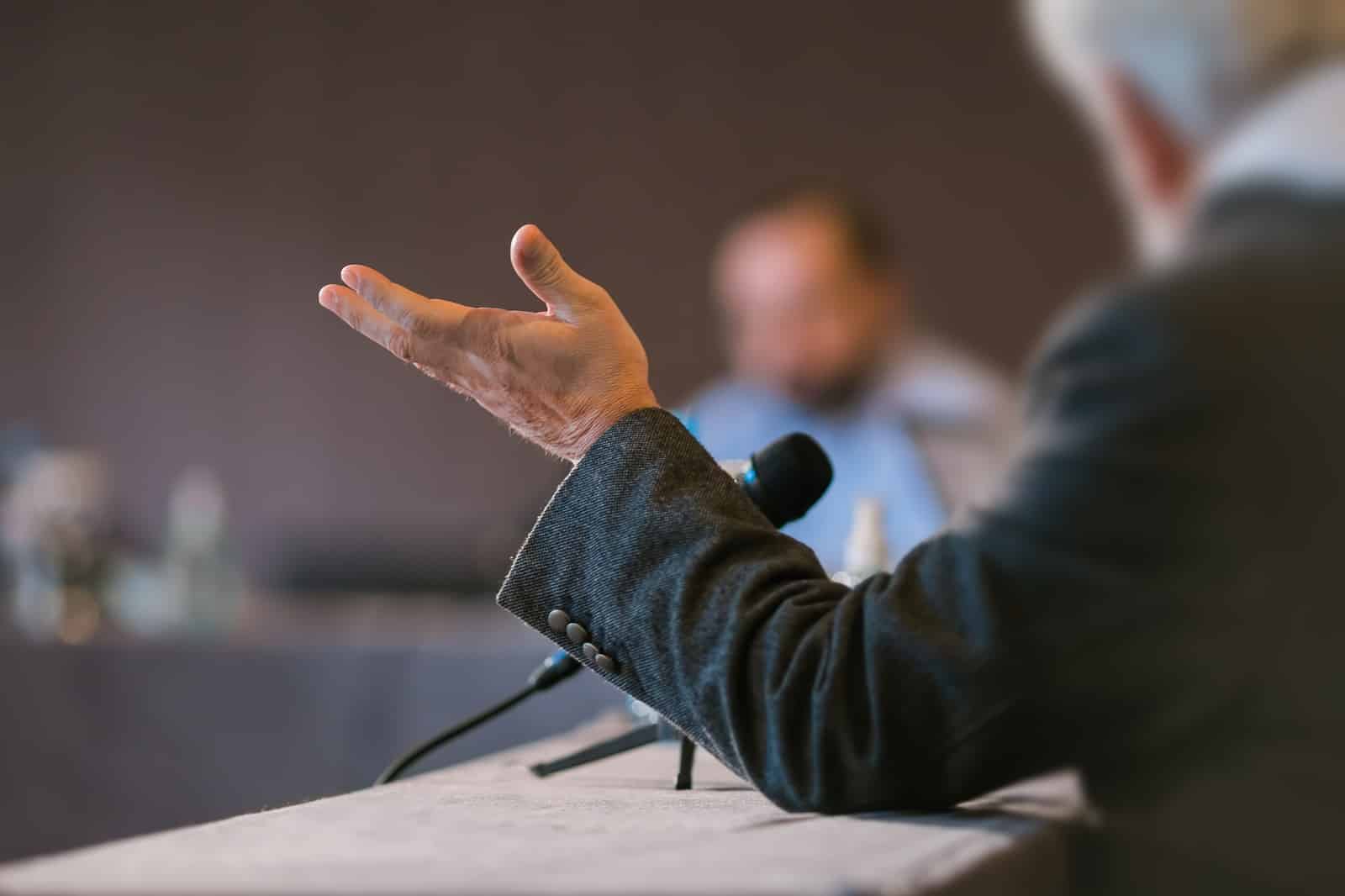
However, not to be outdone, some conspiracy theorists online have blamed geoengineering for the unusually wet summer. Geoengineering encompasses a range of techniques aimed at counteracting climate change.
Solar Radiation Management

Among these is solar radiation management, which involves reflecting a portion of the sun’s energy back into space. This could theoretically cool the planet, but it is still in its research phase. Not only that, but the UK government has explicitly stated it is not currently employing any solar radiation management techniques and has no plans to do so.
Social Media Impact
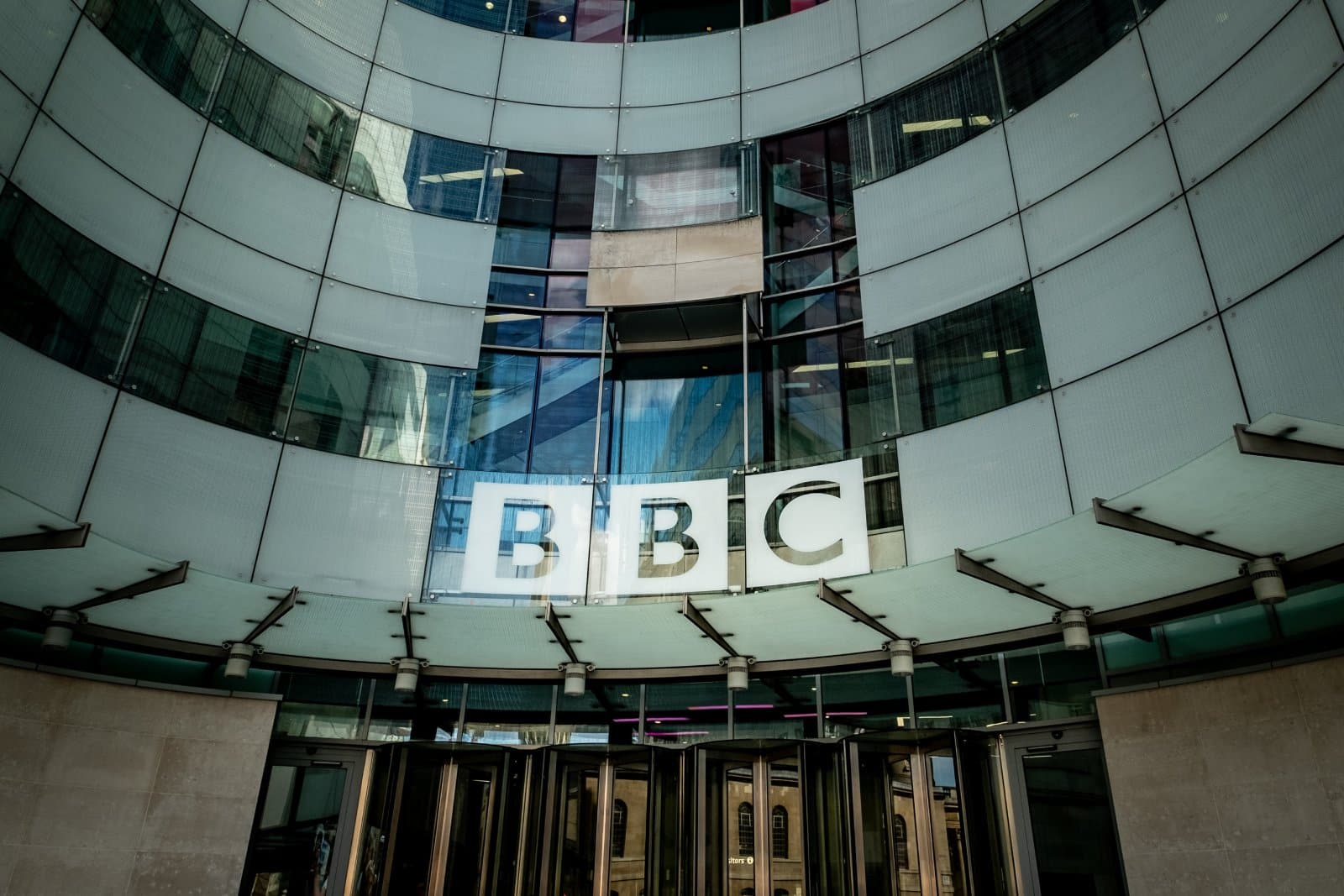
The rise of these conspiracy theories on social media platforms has had tangible impacts. BBC Verify found a significant increase in mentions of geoengineering on platforms like Twitter (now X), with discussions often fueled by misinformation.
Eroding Public Trust

These theories suggest a cover-up by weather presenters and forecasters, further eroding public trust in scientific institutions. For instance, one tweet accused forecasters of “hiding the truth” about the weather, a sentiment echoed by many users despite the lack of evidence.
Harassment of Scientists

Meteorologists and scientists face increasing harassment and scepticism due to these entirely unproven conspiracy theories. Prof Liz Bentley, chief executive of the Royal Meteorological Society, told the BBC, “We work very closely with young scientists to encourage them to share their science with the public, but they are fearful of the trolling that might take place.”
Impact on Research Funding

This environment hampers scientific communication and affects funding and research into legitimate geoengineering efforts. Dr Ramit Debnath from the University of Cambridge told the BBC that scepticism among potential backers is reducing funding for innocuous technologies that are attempting to deal with the impending climate catastrophe. Due to conspiracy theories, these technologies are now somehow considered “controversial.”
Historical Cloud Seeding

The UK government did fund cloud seeding experiments in the 1950s, but such projects have not continued in recent years. The Department for Energy Security and Net Zero reiterated that it is not deploying solar radiation management.
Dispelling Myths

These clarifications aim to dispel the myths circulating online. However, the persistence of these conspiracy theories suggests a more profound mistrust in governmental and scientific bodies among specific segments of the population.
Control and Freedom

Dr Debnath stated, “It’s this whole idea that someone is trying to control our natural resources, our environment – and that, through that intervention, we are trying to control or take away people’s freedom.”
Real Issue: Climate Change

While unusual weather patterns can spark public curiosity and concern, attributing these changes to unfounded conspiracy theories diverts attention from the real issue: climate change.
Emphasising Long-Term Trends
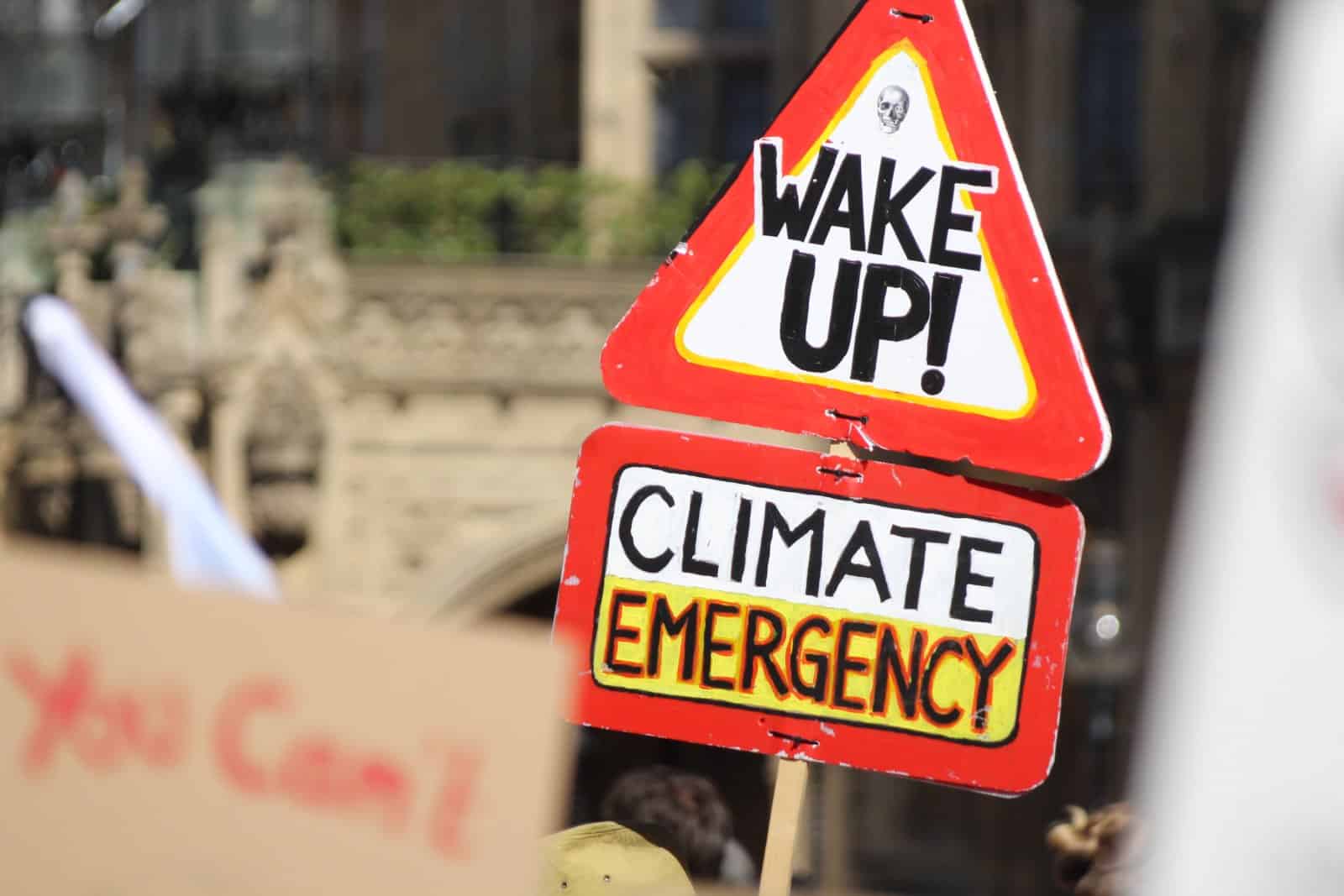
The scientific community has repeatedly emphasised that short-term weather variations are not indicative of long-term trends, which show a clear trajectory toward global warming.
Trust in Science Needed
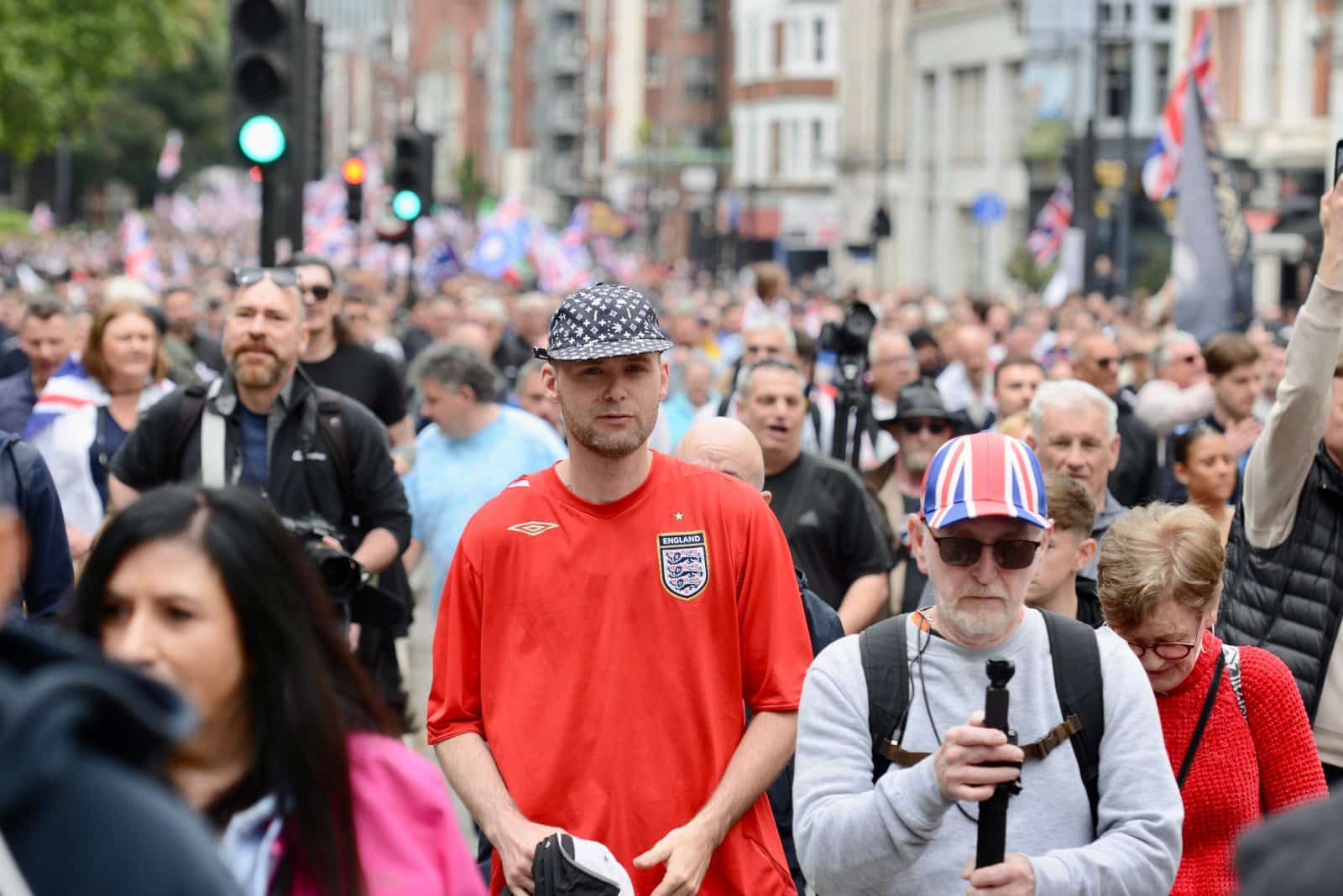
Addressing climate change requires public trust in science and evidence-based policy-making, which is being undermined deliberately or accidentally by misinformation.
Future Research Impact

As the planet continues to heat up, it remains to be seen whether these unfounded conspiracy theories will further affect research into what many consider the most important research of our time: the impending climate catastrophe.
10 Worst Places to Live in the UK Today

Here’s a look at the 10 worst places to live in the UK, based on statistical analysis and local sentiment, to help you understand the challenges residents may face in these areas. 10 Worst Places to Live in the UK Today
“We Will Never Come to Help You” – Trump’s Hurtful Words Raise Concerns About EU Firepower

It was revealed in a conference in Brussels that former President Donald Trump said in 2020 that the US would “never help” Europe if it was attacked. Now, European nations are grouping to commit more firepower to combat Putin’s threat to democracy. “We Will Never Come to Help You” – Trump’s Hurtful Words Raise Concerns About EU Firepower
Brexit Fallout: 20 Ways the EU Is Falling Apart Without the UK
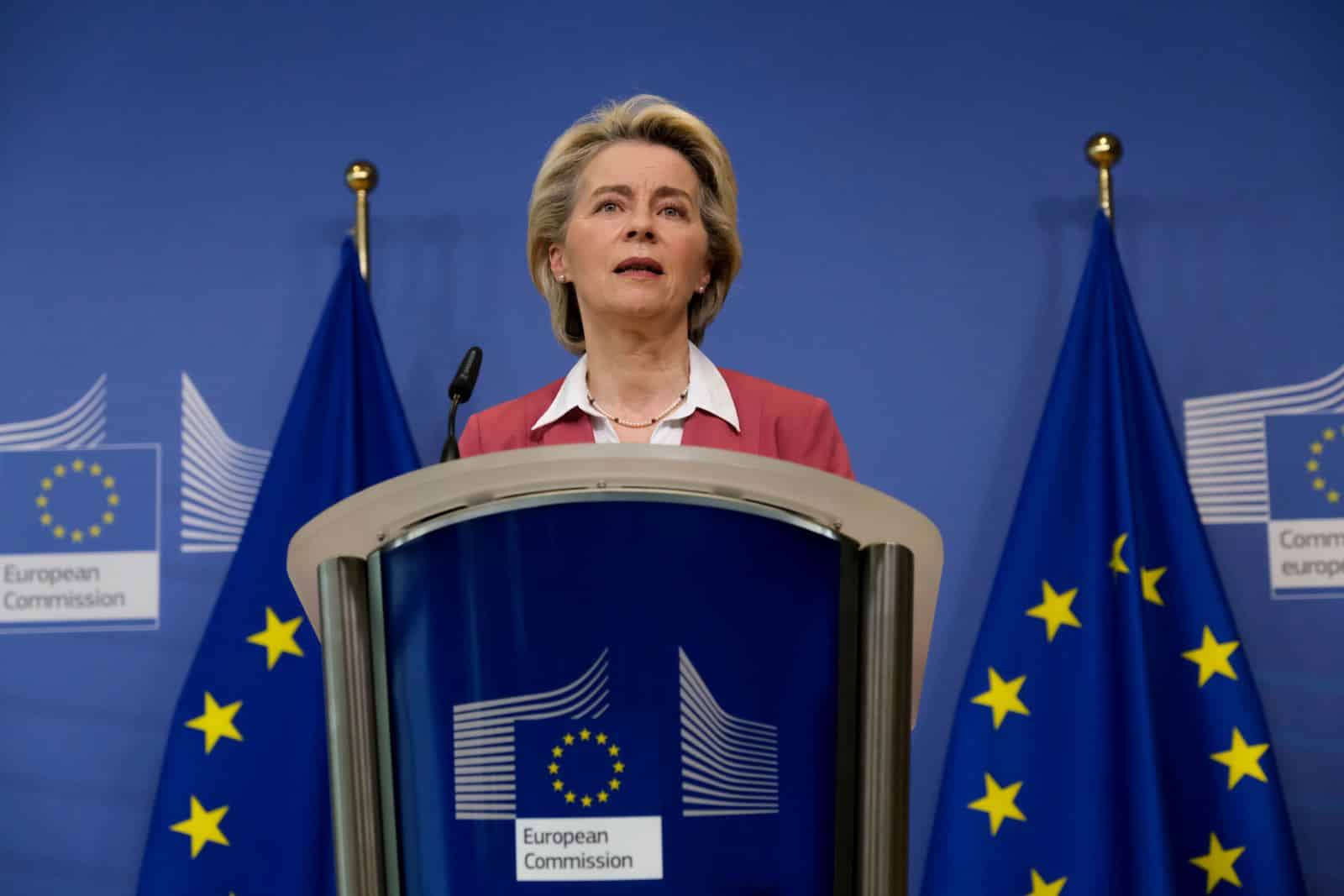
Since Brexit, the EU has been grappling with multiple crises and internal conflicts. Can the bloc hold itself together in these turbulent times? Brexit Fallout: 20 Ways the EU Is Falling Apart Without the UK
Featured Image Credit: Shutterstock / Aree_S.
Grant Gallacher is a seasoned writer with expertise in politics and impactful daily news. His work, deeply rooted in addressing issues that resonate with a wide audience, showcases an unwavering commitment to bringing forth the stories that matter. He is also known for satirical writing and stand up comedy.

